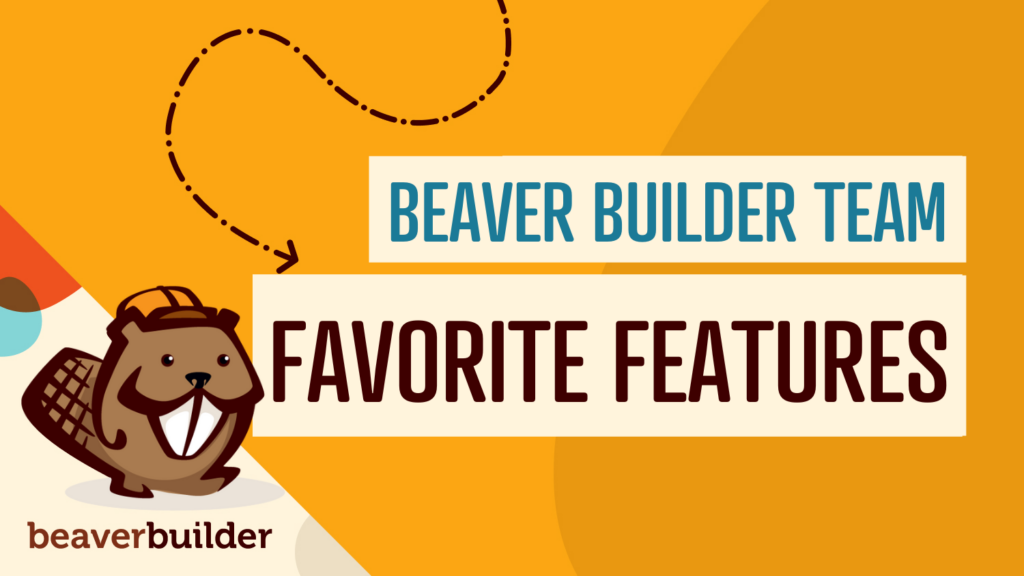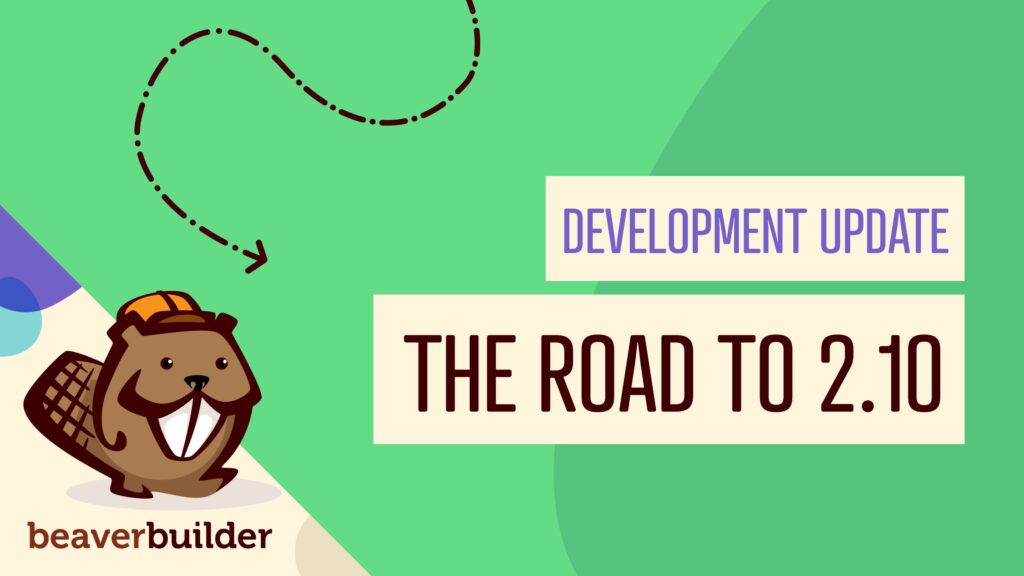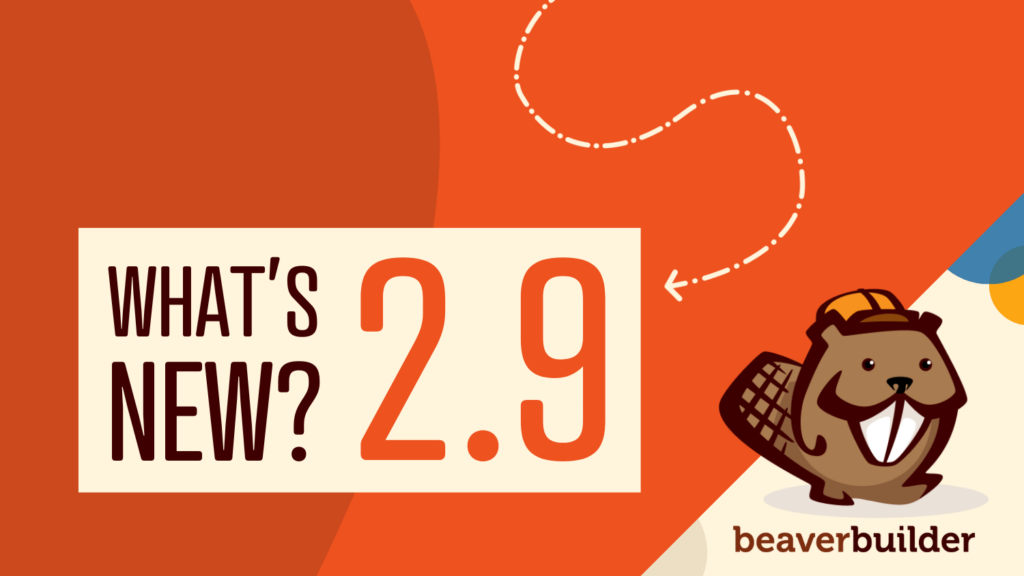
How To Make Wordpress Sites GDPR Compliant with Beaver Builder
Are your WordPress clients wondering how to make WordPress GDPR compliant? Have you decided to see the new privacy laws as an opportunity for your Wordpress agency?
If yes, I’ll explain below how you can use Beaver Builder to help your clients become GDPR compliant.
But first, let’s talk GDPR strategy.
Most websites are panicking over GDPR because the regulations are so vague.
- Who exactly is covered (and not covered)?
- What constitutes proper disclosure?
- When does data become personally identifiable?
- How will penalties be assessed and enforced?
Panic about the law leads to two responses: willful ignorance or over-reaction.
I see companies changing nothing about their data collection, while others are proactively deleting me from their email lists unless I re-confirm that I want their newsletters. The first approach may put your client in legal danger, while the second approach may needlessly harm their business.
But there’s a third way, a better way.
If you educate your clients about this alternative path, they’ll be less likely to stick their head in the sand and ignore the GDPR, or shoot themselves in the foot by going beyond what the law requires.
Nine years ago when the FTC clarified its stance on affiliate marketing it caused an uproar in blogging circles, similar to what you’re seeing with the GDPR. Brian Clark of Copyblogger offered wise advice, and coined a new term – “Disclose with Confidence”.
Brian said you shouldn’t confess your affiliate relationships like it’s a crime. Instead, disclose with confidence – boost trust and sales by talking honestly about your compensation for promoting a product.
Your clients should adopt the same posture while complying with GDPR. They should explicitly ask for users data, and do it with confidence.
Here’s how Beaver Themer can help:
1. Create An Attractive Privacy Policy
To ensure a privacy policy is GDPR-compliant, it must not only address data collection and retention but also be presented clearly. Gone are the days of lengthy text files with small, unreadable fonts.
“There’s no need for your privacy notice to be long and complicated. In fact, it’s better if it’s short and simple, especially if you’re collecting and using children’s data.”
For design inspiration, consider Google’s new privacy microsite. This site features an attractive layout that was once reserved for their largest applications and most important services:
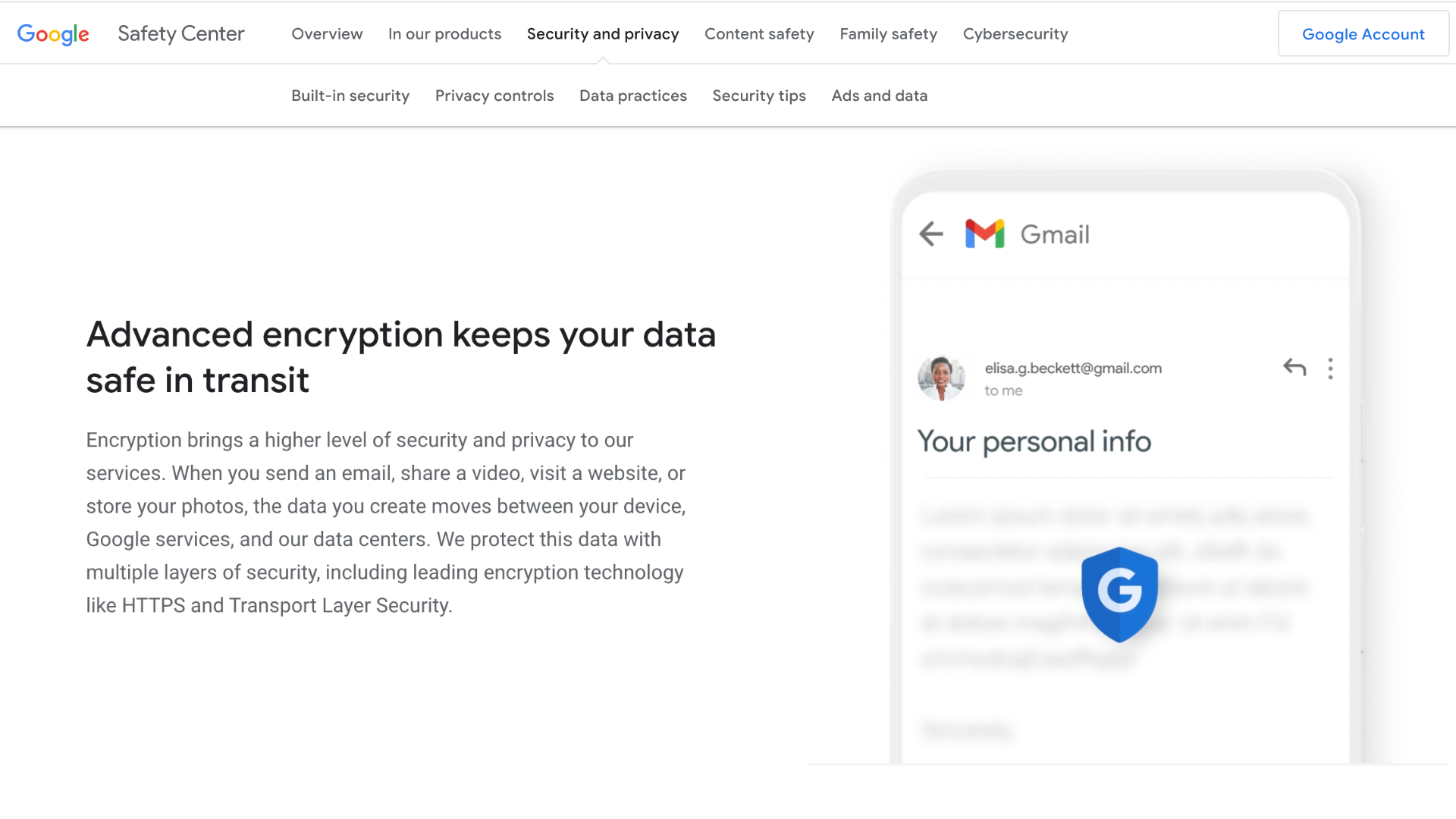
If your clients have hard to find, ugly privacy policies you can offer to redesign it using Beaver Builder. But why stop at just a privacy policy?
Expanding the Legal Section
Google has a multipage microsite dedicated to privacy, but could your clients benefit from something smaller? Instead of a full site, consider creating a full dedicated section on their website for legal documents, including the privacy policy, terms of service, refund policy, and other important legal content.
This need is quite common. For example, I once built a website for a vocational school that required a slightly different refund policy for each state in which it operated.
Customizing Legal Sections with Beaver Themer
This is precisely the use case Beaver Themer was designed for. With Themer, you can customize the legal section of a client’s website by implementing a distinct header, footer, layout, and color scheme that differentiates it from the rest of the site:
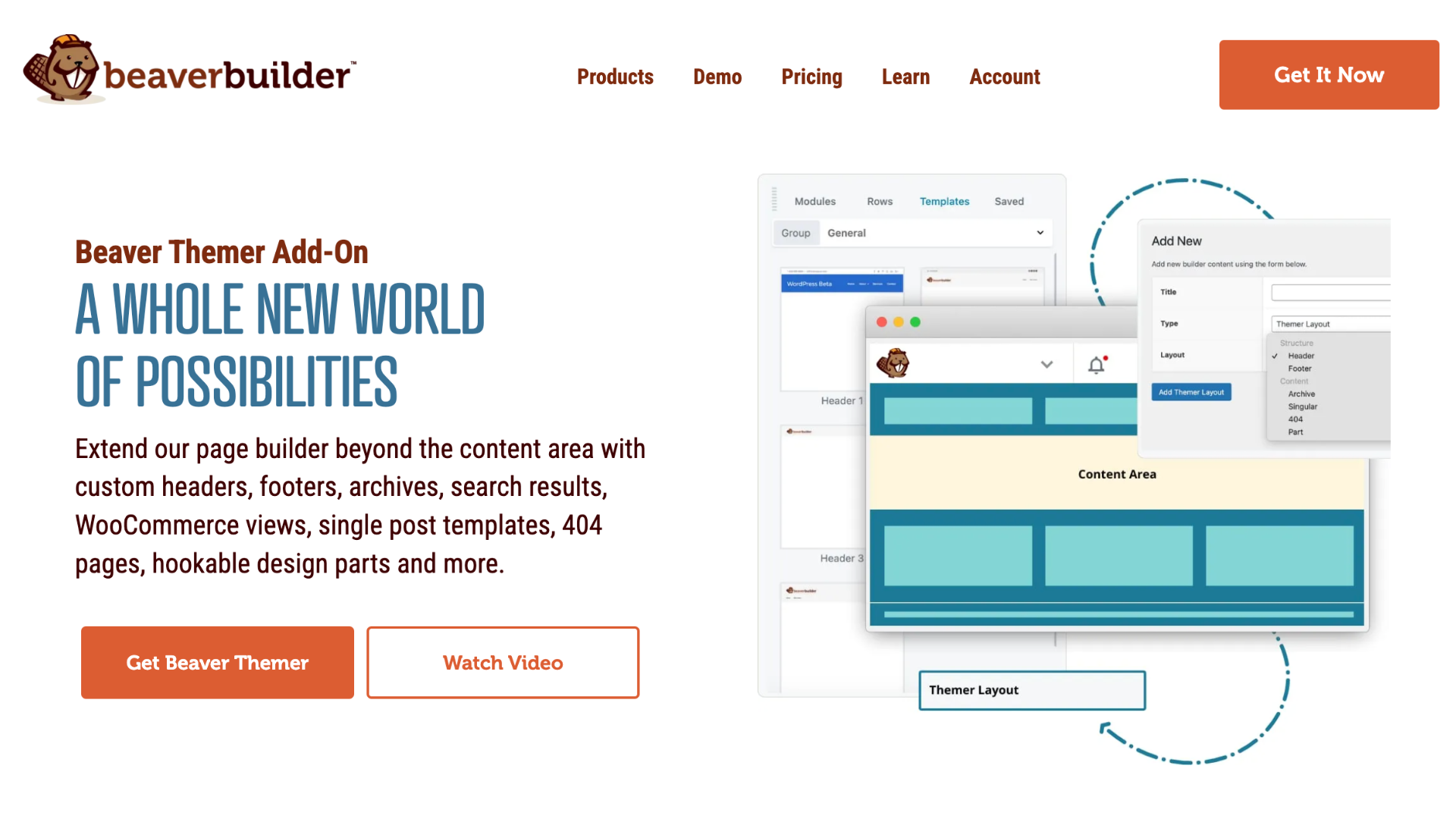
To do this, simply create a Custom Post Type named “Legal” and then use Themer to develop a custom theme template that applies to all posts within that category. This level of customization allows you to meet specific requirements while maintaining a cohesive design throughout the website.
The Client Presentation
Imagine presenting this to a client: a visually appealing, well-organized, and dynamic legal section that instills confidence in their customers! Not only does this design reflect professionalism, but it also addresses compliance needs in a user-friendly manner, ensuring that visitors can easily find and understand the important information they need. This thoughtful approach not only enhances the client’s brand image but also builds trust and credibility with their audience.
2. Create Well-Designed Cookie Notifications
The GDPR requires affirmative consent for cookie-based tracking in certain circumstances. Other laws in Europe also require some form of cookie notification.
That’s why we see cookie notifications literally popping up everywhere. And unfortunately, most of them are ugly and created as an afterthought.
With Beaver Themer you can build cookie alerts for clients that appear in a site’s header or footer. Use the free and wonderful Beaver Builder Alerts plugin from third-party developer, Ultimate Add-Ons. The plugin can make the cookie alert closable, linkable, and appear only for first-time users.
3. Display Additional Policies/Alerts for Logged-In Users
Some parts of the GDPR only apply if you are storing personally identifiable information on your site.
For instance, a brochure site that doesn’t collect leads may have a different regulatory burden than membership sites or online stores that require a login. (Though I am not a lawyer, this is not legal advice, and you or your clients should definitely consult a lawyer).
Beaver Themer offers a solution for this scenario.
With Beaver Themer, you can customize your theme template to display different content for logged-in and logged-out users. For casual visitors, you might include a link to the relevant privacy policy in your footer. In contrast, members of an online course could see additional information, such as a “data deletion policy,” that may be required by GDPR.
Creating conditional content is one of Beaver Themer’s most powerful features. Consider demonstrating this capability to clients concerned about GDPR compliance, and you may just impress them with your expertise!
How Will You Assist Your Clients?
I’ve shared three effective strategies for leveraging Beaver Builder and Beaver Themer to help your clients achieve GDPR compliance.
To unlock the full suite of Beaver Builder products, consider a premium plan that includes the Page Builder, Beaver Builder Theme, and Beaver Themer. For agencies, freelancers, or developers managing multiple projects, the Unlimited Plan is ideal, as it allows you to white label the products with your branding and use them on an unlimited number of websites.
If you want to explore the features before making a commitment, feel free to check out our demo site to see how Beaver Builder can enhance your site-building experience.
Now, I’d love to hear your thoughts! Do you have any additional ideas on how Beaver Builder can be utilized to meet the requirements of this new regulation?
Related articles
Beaver Builder Favorite Features & Why We Love Them
Ever wondered what features the Beaver Builder team loves the most? 🤔 We asked our team members to share their…
Beaver Builder Dev Update: The Road to 2.10 and Beyond
Greetings, Builders! It’s been a busy stretch since our last dev update, and we’re thrilled to bring you up to…
Beaver Builder 2.9 & Themer 1.5: Multi-Layer Backgrounds, Enhanced Color Picker, Loop Module
We’re excited to introduce Beaver Builder 2.9, also known as “Coyote”, packed with exciting updates designed to simplify workflows and…
Join the community
We're here for you
There's a thriving community of builders and we'd love for you to join us. Come by and show off a project, network, or ask a question.
Since 2014
Build Your Website in Minutes, Not Months
Join Over 1 Million+ Websites Powered By Beaver Builder.
 Beaver Builder
Beaver Builder 

